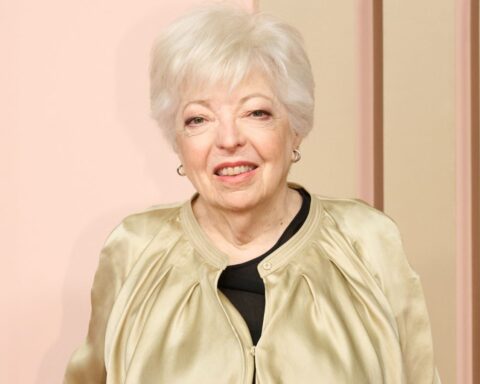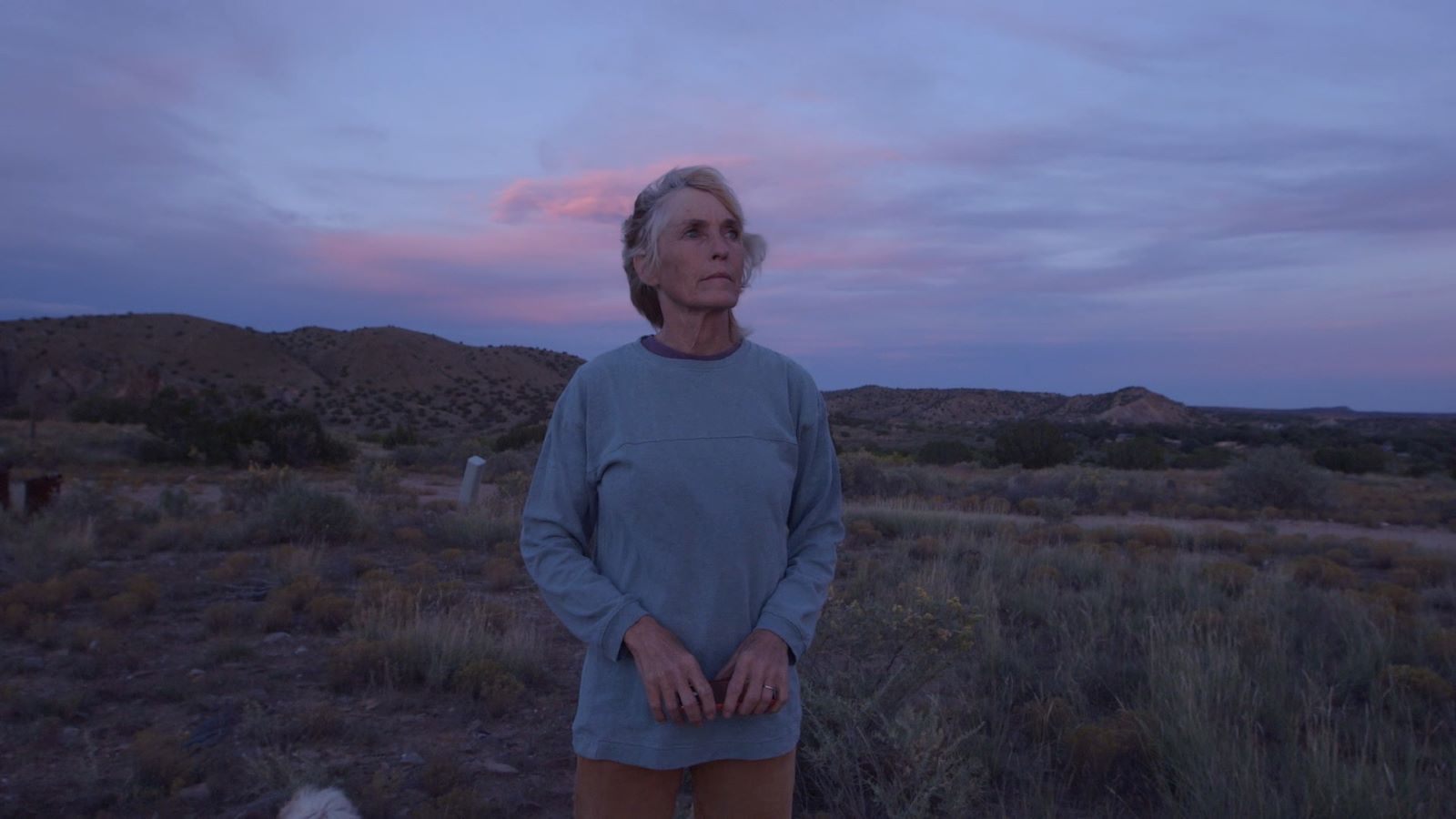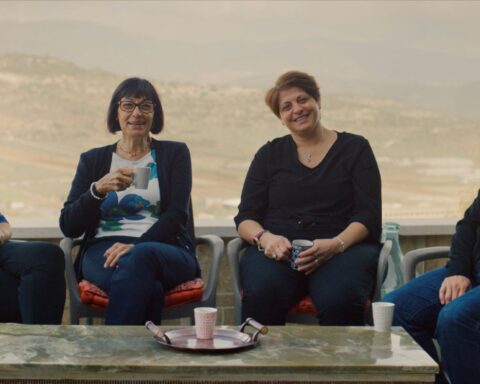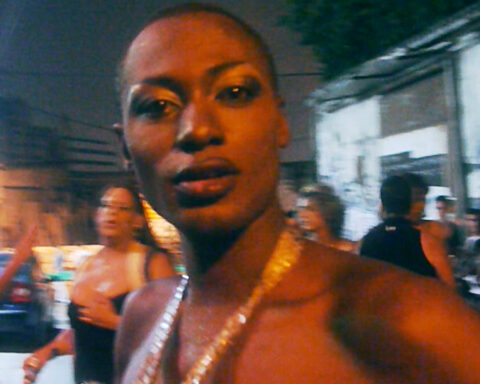XiXi
(Taiwan/Philippines/South Korea, 100 min.)
Dir. Fan Wu
Programme: International Competition (World Premiere)
“I think the most valuable thing to be documented is the state of being free,” says XiXi. The titular character of Fan Wu’s provocative documentary personifies the cathartic release of creative freedom. She’s a free-spirited dancer/performance artist who seemingly finds the perfect environment in which she can unleash her creative impulses. The artist thrives in Berlin where she meets director Fan Wu (Report). United by their Chinese roots and artistic natures, XiXi and Fan immediately click. This longitudinal character study proves bracing, challenging, and thoughtful as it observes two artists navigating their identities as women who explore outlets for their distinct creative spirits.
Through XiXi, Wu observes a kind of cultural reckoning for China as it re-imagines itself in the post-Communist era. XiXi’s unique dance style has a decidedly European flavour. She appears in clubs, in galleries, at parties, and on street corners doing a kind of eclectic writhing. It’s truly contemporary dance of the love-it-or-leave-it variety.
One doesn’t necessarily need to appreciate XiXi’s art, though, to recognize the story she tells whenever her body shudders in the performance space like a young woman enduring an exorcism. She conjures the dance between individuality and conformity as a child raised in a society in which one was taught to serve the collective. That’s fine for community spirit, but not necessarily healthy for creative satisfaction. In Berlin, though, the openness of these avant-garde artistic spaces showcase personal voices and distinct visions. In Europe, XiXi feeds her artistic hunger by finding freedom in the collision of cultures, perspectives, and experiences. She’s a woman of the world, personified through dance.
XiXi is also a mother. What she learns, quite painfully, is that the society that champions individuality still expects a level of uniformity. Her baby-daddy in France summons her home with news that their daughter, Nina, struggles in her mother’s absence. XiXi drops everything and visits Nina. She moves to France to be closer to her daughter, but that effort only invites reprisal.
She soon finds herself in a custody battle. XiXi’s ex argues that she’s an unfit mother. He cites her bohemian lifestyle, noting the communal living in which XiXi brings Nina, and apparently gives her lice. He also argues that XiXi’s fondness for dancing in various stages of undress proves a bad influence. It seems that the impulse to unleash her individuality has come back to haunt XiXi in Europe too.
Wu observes XiXi as she performs the most important dance of her career. The film follows her as she learns how to reconcile her drives to be a mother and a creative spirit living la vie bohème. XiXi uses the two key women alongside her—Wu and Nina—to explore these two facets of her being. On one hand, her relationship with Wu over the years teaches her discipline that she ostensibly lacks as a free-wheeling street performer. She learns what it means to develop an artistic vision, see it through, and ensure that a work offers an accurate reflection of selfhood.
At the same time, Nina shows XiXi what it means to sculpt a young woman in a society that inspires her to be her best self. A trip home brings XiXi back to her mother, who had her own struggles balancing her creative outlet with her role as a mother. The return home offers both catharsis and an awakening as XiXi realizes that there’s a chance for her and Nina to have the lives that she and her own mother could never have enjoyed in China 30 years prior.
One sees a similar sense of reciprocity between XiXi and Wu. The filmmaker learns from the dancer as she observes XiXi’s drive to nurture and preserve her artistic voice. Wu gradually turns the camera back on herself as the production evolves and learns to take more risks. XiXi flows between conventional verité-style documentary filmmaking—observational footage with a few informal interviews—and grows to embrace free-flowing performance pieces. Throughout the years of the production, one sees Wu become a better filmmaker. She learns to trust herself by following XiXi’s lead with her camera. This is one of the documentaries that notably challenges the passivity of a film “subject,” as XiXi’s distinct and somewhat abrasive artistic personality arguably adds to the film’s creative vision.
The film affords a collaborative work as Wu occasionally empowers XiXi by putting the camera in her hand. The transfer lends XiXi a sense of artistry and authority as she “directs” Nina during vérité moments and phone calls. While injecting the documentary with an extraordinary sense of trust, these interludes ultimately offer XiXi some of the film’s most teachable moments. By making this film, XiXi learns that her dual roles as artist and mother aren’t irreconcilable.
The film’s distinctly feminist lens, and its globe-trotting narrative that spans three generations of artists, extends the story to the various roles and expectations that women juggle in a society that, whether through the collective or individual drive, continues to favour male perspective of the status quo. This film defiantly writes an alternative.













